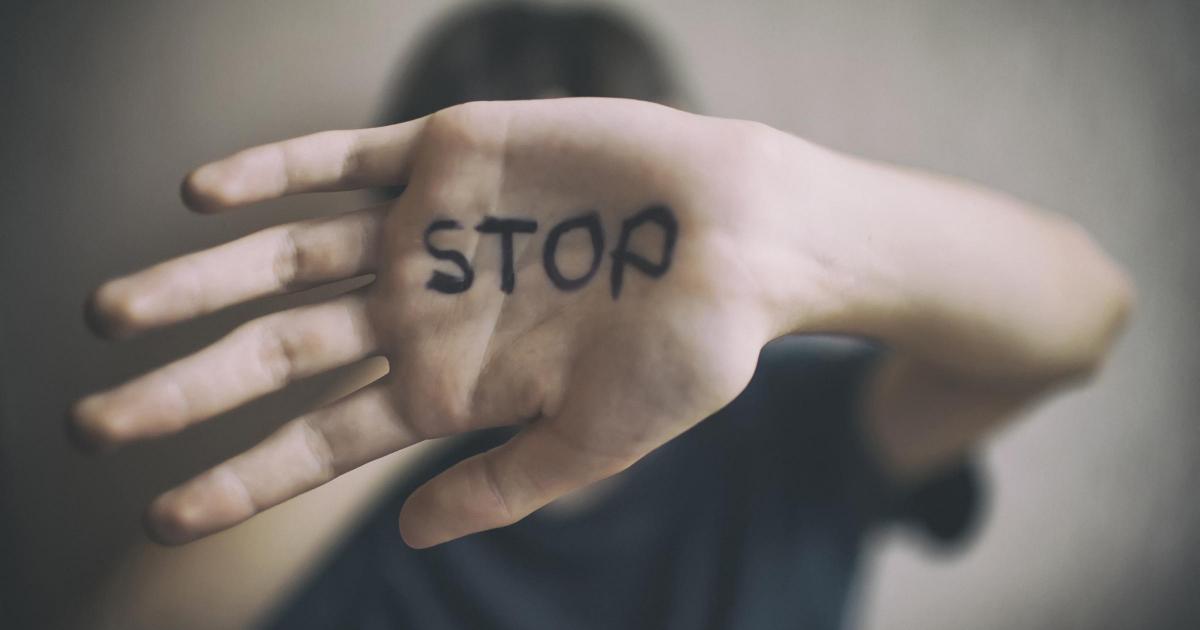The proportion of cases prosecuted in the higher courts before a jury reached 20 per cent.
This continues a general upward trend since 2015-16 when 13 percent of charges were prosecuted at solemn level.
Men accounted for the majority of those charged (Image: NQ (stock pic)) Men accounted for 85 percent of all domestic abuse charges. In reports under the recent Domestic Abuse (Scotland) Act 2018, this figure rose to 93 percent.
Speaking on publication of the new figures, the Lord Advocate Dorothy Bain KC said: “Gender-based violence and abuse is driven by underlying attitudes.
“It is vital that people across Scotland challenge these harmful attitudes and behaviours, be that in our own homes, among our friends, in work, education, social groups and elsewhere.
“The figures published today underline the importance of working together to tackle domestic abuse. Everyone should be clear that such behaviour is intolerable and has no place in our communities.”
She added: “We have a responsibility to build a future where girls can live free from fear and that involves holding abusers to account today while encouraging boys to grow into respectful men.”
The most common types of offences reported with a domestic abuse link were crimes against public justice (including bail offences) at 26%, threatening and abusive behaviour offences (25%) and common assault offences (23%).
Lord Advocate Dorothy Bain KC (Image: NQ (stock pic))
There were 2028 charges under the Domestic Abuse (Scotland) Act 2018, which recognises ongoing controlling and coercive behaviour towards a partner or former partner.
This represents an increase of 11 percent compared with the 2023-24 total of 1831.
COPFS’ National Procurator Fiscal for Domestic Abuse, Dr Emma Forbes, said: “The Crown Office and Procurator Fiscal service is working hard to reflect the lived experience of victims and their children in the way we deal with the cases we receive.
“Domestic abuse legislation allows us to capture a clearer picture of abuse and improve our understanding of its harmful impact.
“This is building confidence in victims that their suffering will be recognised and taken seriously when they feel able to report the offending.
“I would encourage anyone who has witnessed or experienced such offending to come forward. You will be listened to and supported as we seek to secure justice.”
